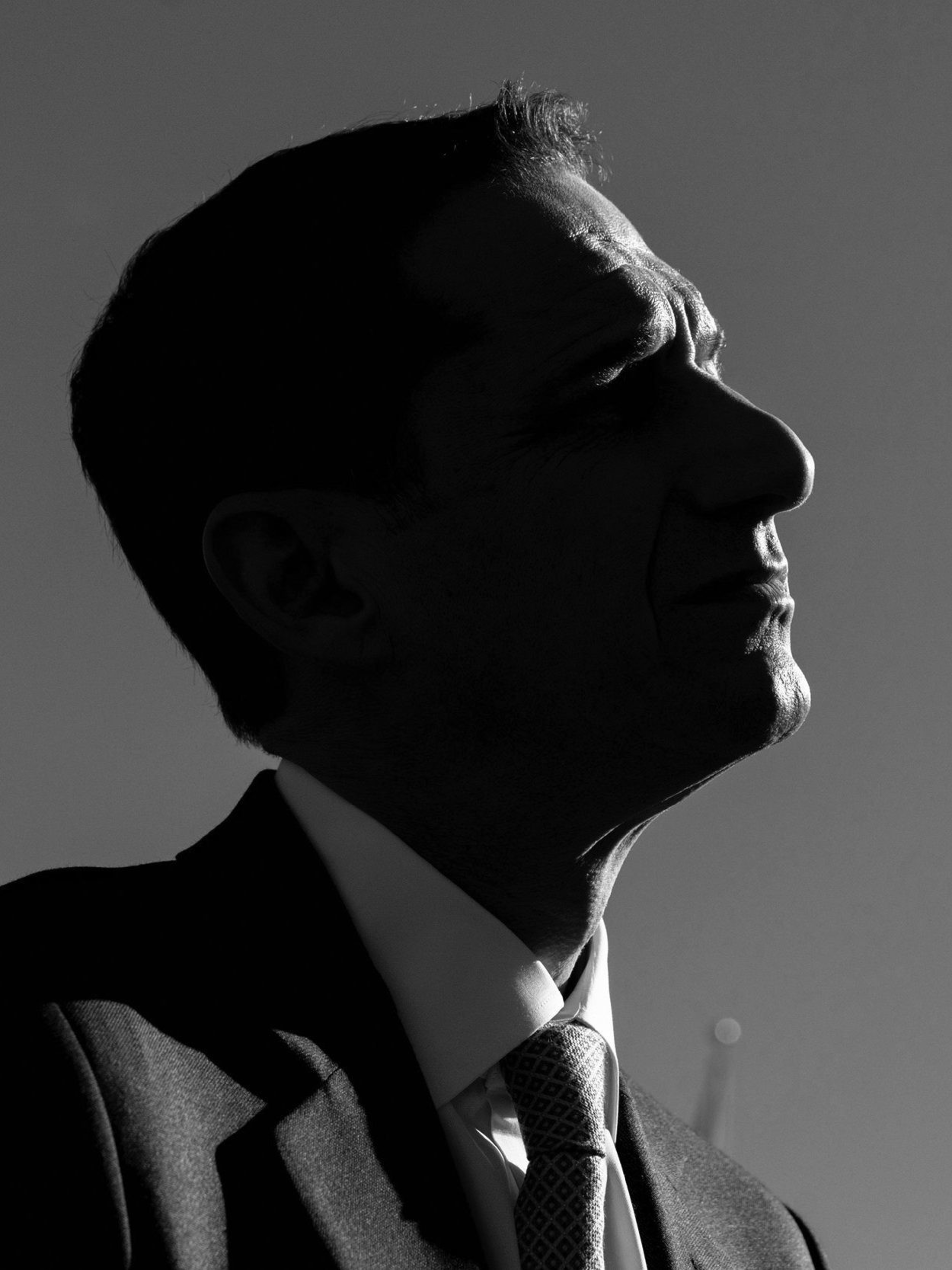In his compendium “Lend Me Yours Ears: Great Speeches in History,” the late speechwriter, columnist, and language maven William Safire defined the three elements that make a memorable address: the magnitude of the occasion, the forum in which the speech is delivered, and, naturally, the “content and phrasing” of the speech itself.
Daniel Lurie earned high marks Wednesday for two qualities largely outside of his control. He became San Francisco’s 46th mayor in what is undeniably a moment of enormous magnitude in the city’s history. And the setting was San Francisco at its glorious best, a resplendent winter morning on Civic Center Plaza, the golden dome of City Hall behind him and cloudless blue skies above.
“It feels like a RESET,” a city official texted me as Lurie was beginning to speak.
As for the content and phrasing, Lurie’s performance was more middling. It was a solid if not soaring speech, drafted by his longtime speechwriter, Jennifer Pitts, alongside campaign consultant Tyler Law and spokesman Maxwell Szabo. At 19 minutes, it was half what Safire, in 2004, deemed the minimum length of a “major address.” Lurie was a bit rushed at points in his delivery, and he ended not with the crescendo of a rousing call to action but rather with a bit of a pedestrian letdown: “It’s time to roll up our sleeves and get to work, San Francisco,” he said.
Lurie is not a natural orator. “More George W. than Obama,” one wag commented to me immediately afterward. Clearly, Lurie compares unfavorably to the more experienced London Breed, who has several octaves to his one. This stylistic critique is in no way to suggest that Lurie’s inaugural address was bad. On the contrary, it was authentic. He teared up at the outset as he was thanking his wife, Becca Prowda, and their two children, who stood beside him when he took the oath of office. Lurie was known as a crier during speeches at Tipping Point Community, the anti-poverty nonprofit he founded. I detected nary a whiff of theater in this emotional moment.
Substantively, the speech contained more specifics on policy than I expected, which was none. Lurie said the city would open a “police-friendly drop-off center” where people suffering mental health problems can be taken instead of jail or the emergency room. Leaving aside the rhetorical question of catering to the feelings of cops, the proposal sounds intriguing.
He also declared his intention to create a new police unit, a task force that will patrol the “hospitality zone” of Union Square, Market Street, and Moscone Center — the parts of the city tourists and other visitors see most. And he promised, with one of the better lines in the speech, to send the Board of Supervisors a package of emergency ordinances designed to combat rampant drug use on streets. “The fentanyl crisis isn’t a 9-to-5 operation,” he said. “It doesn’t take breaks. And neither will we.”
The speech was appropriately sober, but Lurie’s funniest moment — up there with noting that he had reserved a seat for former Mayor Willie Brown, who inexplicably was standing somewhere off to the side — was when he peered directly at the seated supervisors and said he looked forward to “their quick approval” of his fentanyl plan. The language itself wasn’t confrontational, but the crowd, which chuckled approvingly, understood the meaning. Like the weary, middle-aged dad he is, Lurie expects the Supes to play nice. “It’s time to move past the politics of demonizing each other on every single issue,” he said.
While he remained focused on the bread-and-butter issues of public safety and revitalizing downtown, the speech did omit some critical areas of concern. Though several darling children introduced speakers, there was no mention of the troubled San Francisco Unified School District. (I did spot Supt. Maria Su happily huddling with new health and homelessness czar Kunal Modi, whose remit includes SFUSD and City College of San Francisco.) Transit didn’t come up. Housing received one line.
And mentions of Donald Trump, blessedly, were absent, other than Lurie obliquely noting that he shares the “great sense of fear and loss about the state of our country right now.” Still, he said: “I’m going to take aim at the problems that need solving right here in San Francisco, because that is what you elected me to do.”
A few other lines from the speech that will be worth revisiting in the months and years to come:
- “Safety isn’t just a statistic. It’s a feeling you hold when you’re walking down the street.” I read this as a rebuke to his predecessor’s frequent citing of improved crime statistics, when the rest of us know the situation still stinks.
- “Key to producing better outcomes on our streets is to focus our investments in high-performing service providers.” Translation: Lurie is putting city contractors on notice. Things are about to get tougher for you.
- “My job is not to demand that the private sector be back in the office every day. My job is to make you want to be downtown again.” Again, amen.
Near the end of the brisk speech, Lurie said, “As your mayor, I will always tell you the truth, even when they are hard truths.” It was surprisingly evocative of a famous promise by the late President Jimmy Carter, to whom Lurie paid tribute at the speech’s outset and who said when he was running for president, “I would not tell a lie. I would not mislead the American people.” (opens in new tab)
Historians criticized Carter, whose funeral will be held Thursday in Washington, for his failure to play politics but lauded him for leading a purposeful life of service. Lurie, whose wife, Prowda, emphasized her family’s commitment to the same principle in her introductory remarks, aims as mayor to combine politics and purpose. His workmanlike speech on a glorious January day in San Francisco was as good a start as any.



